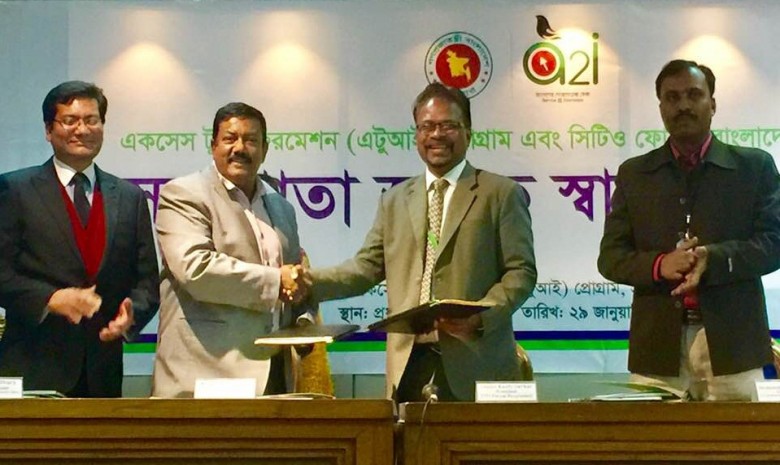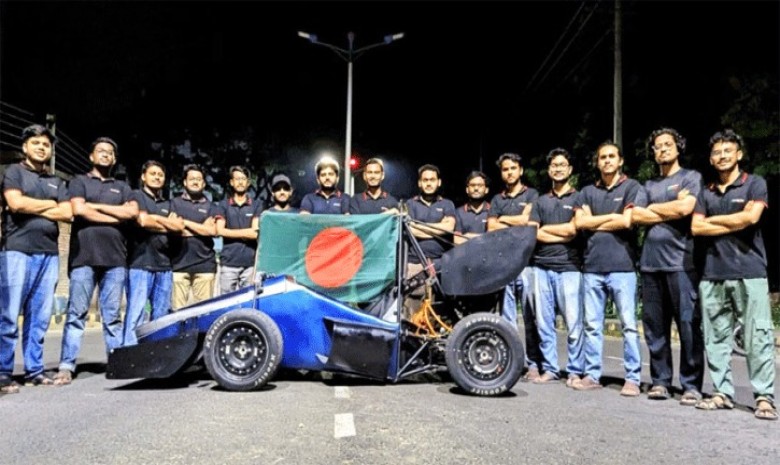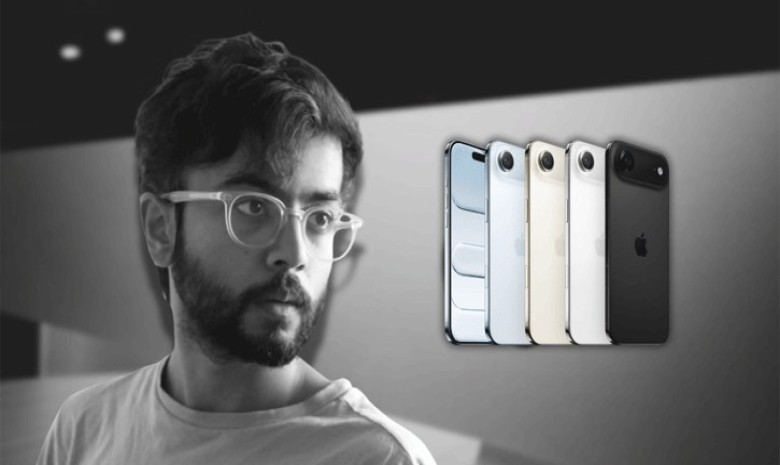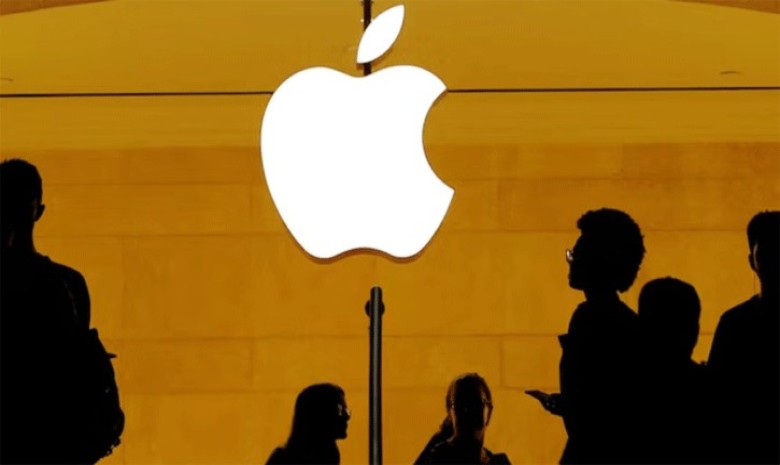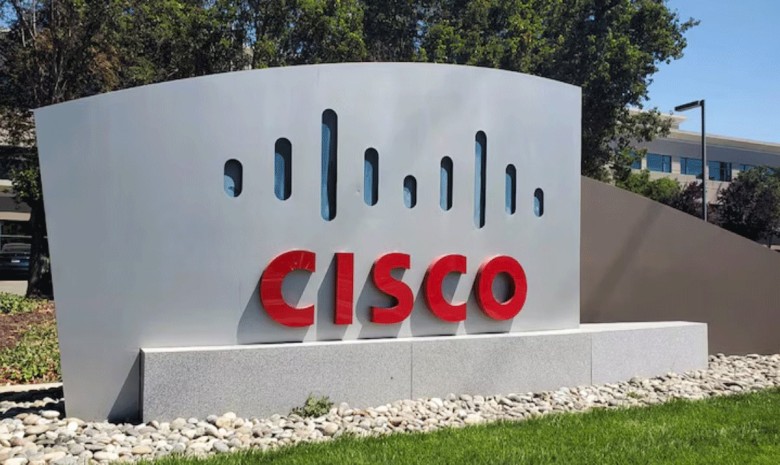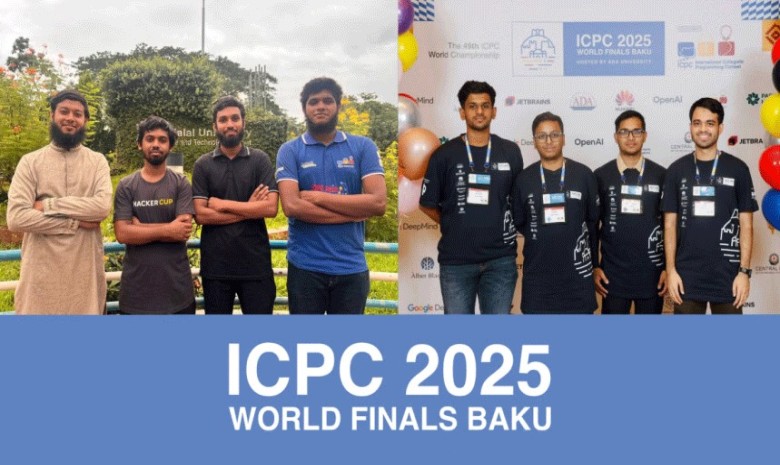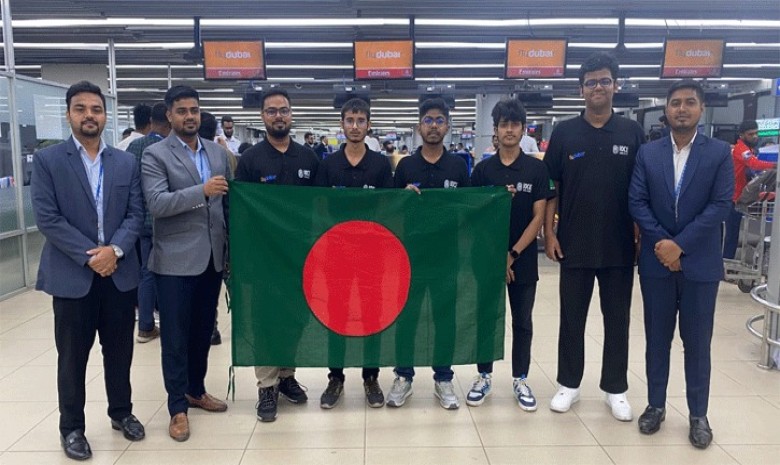Bangladesh has formally entered the 5G era after the country’s two leading mobile operators launched limited services on Monday, promising ultra-fast internet speeds, lower latency, and new opportunities for digital innovation.
Robi Axiata, the second-largest operator, was the first to switch on 5G in select zones of Dhaka, Chattogram and Sylhet, including Fakirapul, parts of Dhaka University, Moghbazar Chowrasta, Khulshi and Sagor Dighir Par.
Within two hours, market leader Grameenphone announced activation of its own 5G network, declaring coverage across all divisional headquarters.
However, some users in Dhaka’s Kawran Bazar reported that connections were not yet live. Company officials stressed the rollout was restricted to limited areas and would be expanded gradually.
Robi has not disclosed how many towers are currently operational but said it aims to connect 200 sites by November 2025. Grameenphone has yet to provide a timetable.
The move marks the latest step in Bangladesh’s mobile evolution, which began in the mid-1990s with 2G GSM services that transformed communication and reduced dependence on landlines.
The introduction of 3G in 2013 and 4G in 2018 enabled mobile broadband, e-commerce, app-based services and digital finance. The shift to 5G, however, has been slowed by high costs, infrastructure constraints and what operators describe as limited readiness in the domestic ecosystem.
The government’s 2018 election manifesto had pledged 5G availability by 2021–23, and the Bangladesh Telecommunication Regulatory Commission auctioned spectrum in 2022 for $1.23 billion. But final rollout guidelines were only issued in 2024, without binding coverage obligations, leading to delays.
Bangladesh had earlier seen pilot demonstrations, including Robi-Huawei’s trial in July 2018, Teletalk’s experimental launch later that year, and Grameenphone’s trials in all eight divisional cities in 2022.
Globally, the technology is advancing rapidly. India’s commercial launch in October 2022 has already drawn more than 250 million subscribers, while worldwide 5G connections surpassed 2.4 billion in early 2025, according to Ericsson, and are expected to approach 2.9 billion by year’s end.
At Robi’s launch event, Md Emdad ul Bari of the BTRC stressed that 5G should be deployed to solve practical challenges in health, education and smart farming, warning against widening the urban-rural digital divide.
ICT ministry adviser Faiz Ahmad Taiyeb echoed concerns over existing 4G service quality, urging all stakeholders — government, regulators and operators — to ensure more reliable connectivity.
Grameenphone CEO Yasir Azman called the launch a “proud moment” and said the service would unlock innovation and entrepreneurship. Robi’s acting CEO M Riyaaz Rasheed credited government policy for enabling the rollout, describing 5G as “an important step toward the next stage of Bangladesh’s digital economy.”
Total views: 1544



